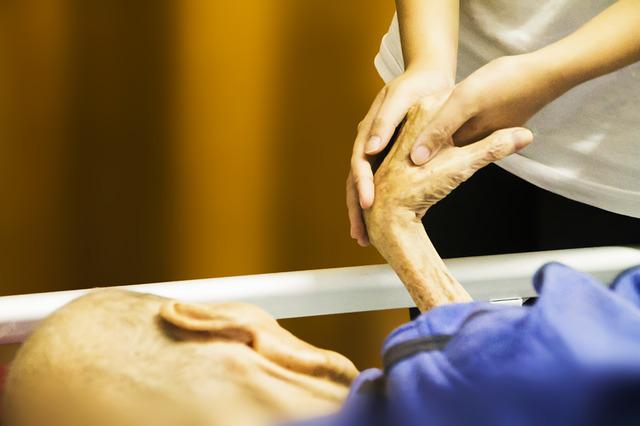
Effective communication with seniors requires you to make efforts to understand their needs as well as their language. There are some techniques that can help. For instance, you can learn how to avoid using jargon or elderspeak, and you can also learn how to listen carefully to what your elder is saying. These tips can help you have a successful conversation about your elderly loved ones.
Avoid using medical jargon
There are many reasons why it is important to avoid medical jargon when communicating directly with older patients. Older patients have a greater difficulty understanding medical terms, and may not understand medical jargon as well as younger patients. Try to avoid using terms unfamiliar to patients and to explain the condition and treatment plan clearly and simply. To help explain the information to patients, visual aids can be helpful.
People over 60 may not have the same level of health literacy as younger people, and it can be difficult for them to understand medical jargon. Research has shown that up to seventy percent of older adults have trouble reading or understanding printed materials. Use plain language, or an explanation of medical terms such as "medical terminology" to overcome these obstacles. A good way to increase comprehension is to write down the key points.

Avoiding elderspeak
Communication with the elderly should not be done in elderspeak. Effective communication is only possible if you do not use it. Studies have shown that seniors who use elderspeak experience more challenging behaviors such as frustration and calling out. These behaviors can cause depression and damage to an elder's self-esteem. Elders who use olderspeak are less likely than others to follow the advice of their healthcare providers.
Recall that older adults may have slower processing speeds and may require repeat information. Don't use patronizing words of endearment, or make assumptions about their cognitive abilities. Clear enunciation and eye contact are better. If elderspeak is required, keep in mind that it does not solve problems.
In addition to causing harm to the elderly, elderspeak also involves judgments and is often based on stereotypes. An example of elderspeak is calling older people "young men" or "young ladies" which implies that they are incompetent or childish. Other examples include calling the elderly "cute" or "adorable," which conveys that the person is doing something that is more appropriate for younger people. Even though it sounds innocent, older adults may be offended by such remarks.
Listen to your elders.
It is vital to listen to the elderly when communicating with them. When talking to them, the tone of your voice can make a difference. Keep your voice positive, soothing, and calm so that the elder can stay calm. You should also take breaks often.

Older adults might not be aware that they have hearing problems. Therefore, speak slowly and clearly. Avoid talking or mumbling. Concentrate on one idea at time and avoid talking too fast. You can understand the thoughts of an elder by rephrasing them using different words.
It is important for caregivers to pay attention to what elders are saying. You might hear something completely different. While seniors may not be able to recall what they said just a few weeks back, it is important to pay attention to what they are saying.